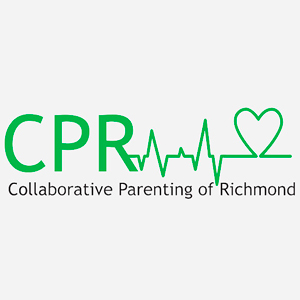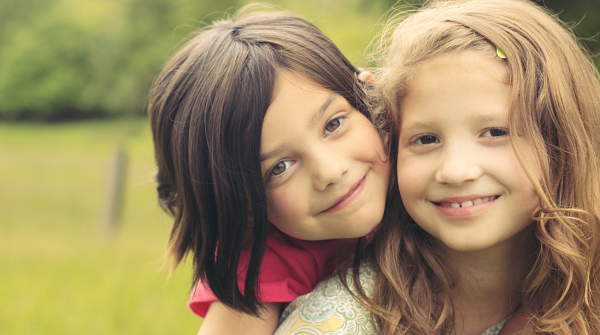Q:
I have two small children. How can I develop in them a sense of gratitude? I come from a large family and I have sent countless birthday, wedding, graduation, and baby gifts that are never acknowledged. I want my children to want to express their gratitude when they receive a gift.
A:
I have to admit, I am frustrated by the same dynamic in my family! I feel frustrated not knowing if my gift was even received, until I see the check was deposited. And then, I feel frustrated with myself for feeling frustrated! I want to give unconditionally. But frankly, expecting a child to acknowledge a gift is in that child’s best interest.
There is a difference between expressing gratitude and feeling gratitude. A child should be held accountable for engaging in some age-appropriate act of thankfulness. By practicing acts of gratitude, the child is developing a habit that not only encourages the development of tangible skills, such as letter writing, but accelerates the development of critical non-tangible skills such as actually feeling gratitude. Good habits foster good feelings. If we wait for a child to want to express his appreciation, then we will be waiting a very long time. But when that same child experiences the intrinsic rewards of behaving well, he develops the actual desire to do well that we parents get so excited about, and sooner rather than later.
So, this comes down to compliance. You will either hold your child responsible for writing a thank you note or making a thank you call, or you won’t. If you don’t, it is likely you have fallen into what I call the “black hole of happiness.” This refers to the dangerous and impossible hole some parents throw themselves into when they parent to their child’s happiness, rather than their child’s competence.
In our very child-centric culture, it is easy to fall victim to the distorted belief that what a child feels is more important than what the child does. “I hate calling Grandma!” “I’m terrible at writing notes!” are noisy expressions of resistance to doing something the child feels inadequate to do. These are normal reactions. But when a parent becomes alarmed by such outbursts and withdraws the challenge to make the child’s feelings of inadequacy diminish, the child has been robbed of an opportunity to develop skills that make him competent and therefore make him feel more confident.
Happiness is sustained only through confidence and confidence is sustained only through competence. And, through the development of tangible skills, your child can actually develop emotionally and socially at a faster pace than his peers. This means the child who expresses his gratitude, even as he hated every second of it, is much quicker to acquire the genuine feeling of gratitude. Better habits lead to better feelings!
Here are suggestions for encouraging an attitude of gratitude in your child:
1. Include your children on your own list of thank you notes to be written.
2. Early on, establish that while kids may open a gift, they may not possess that gift until an appropriate acknowledgement by them has been made. “You may play with the car Grandma gave you once you have called Grandma to thank her.” “You may have the money after you have written a thank you note.”
3. Make yourself available to help and have fun with the thank you note writing process the day after the gift was received. Your children must see it is your priority to express gratitude before they will make it a priority themselves.





